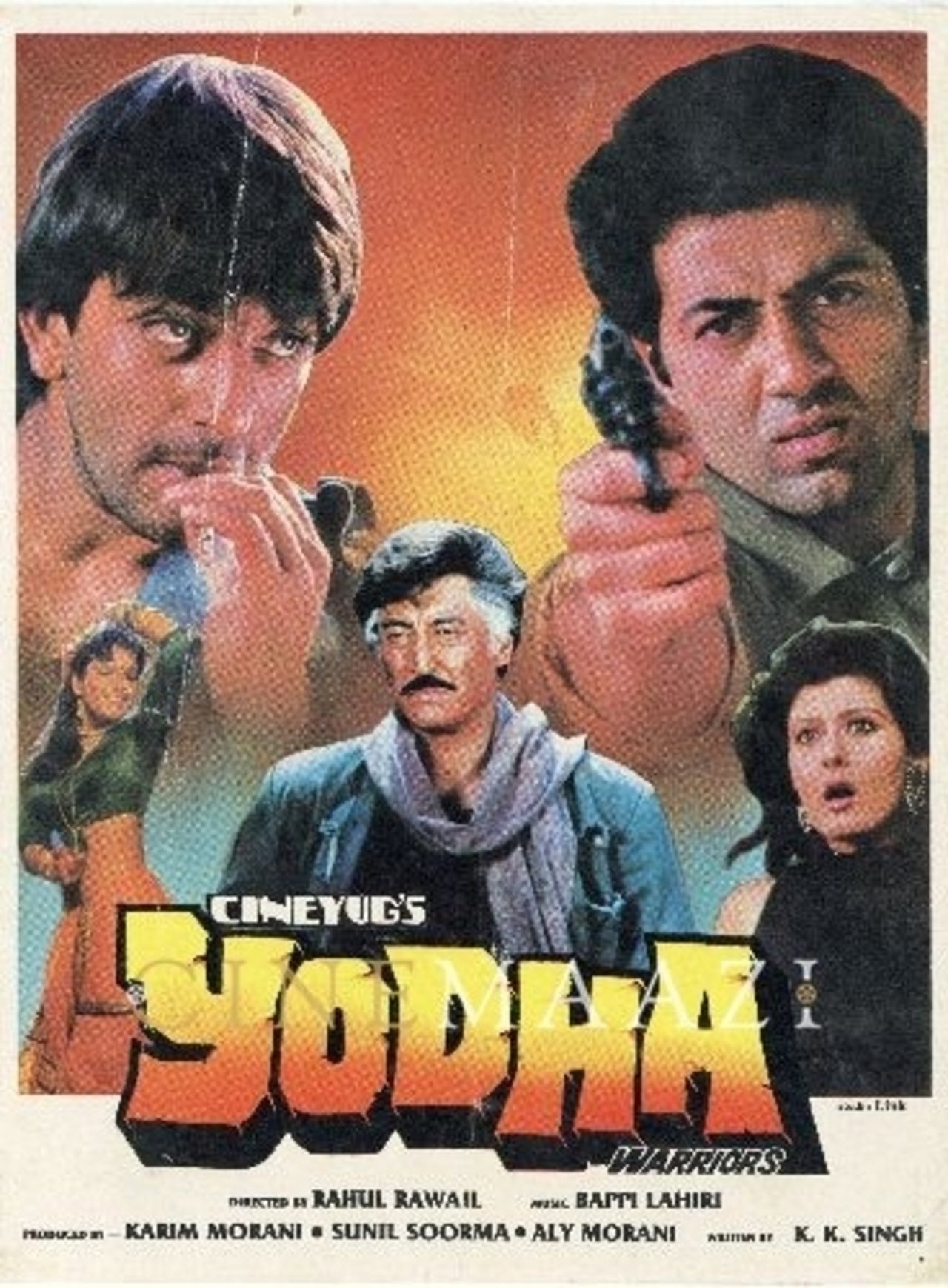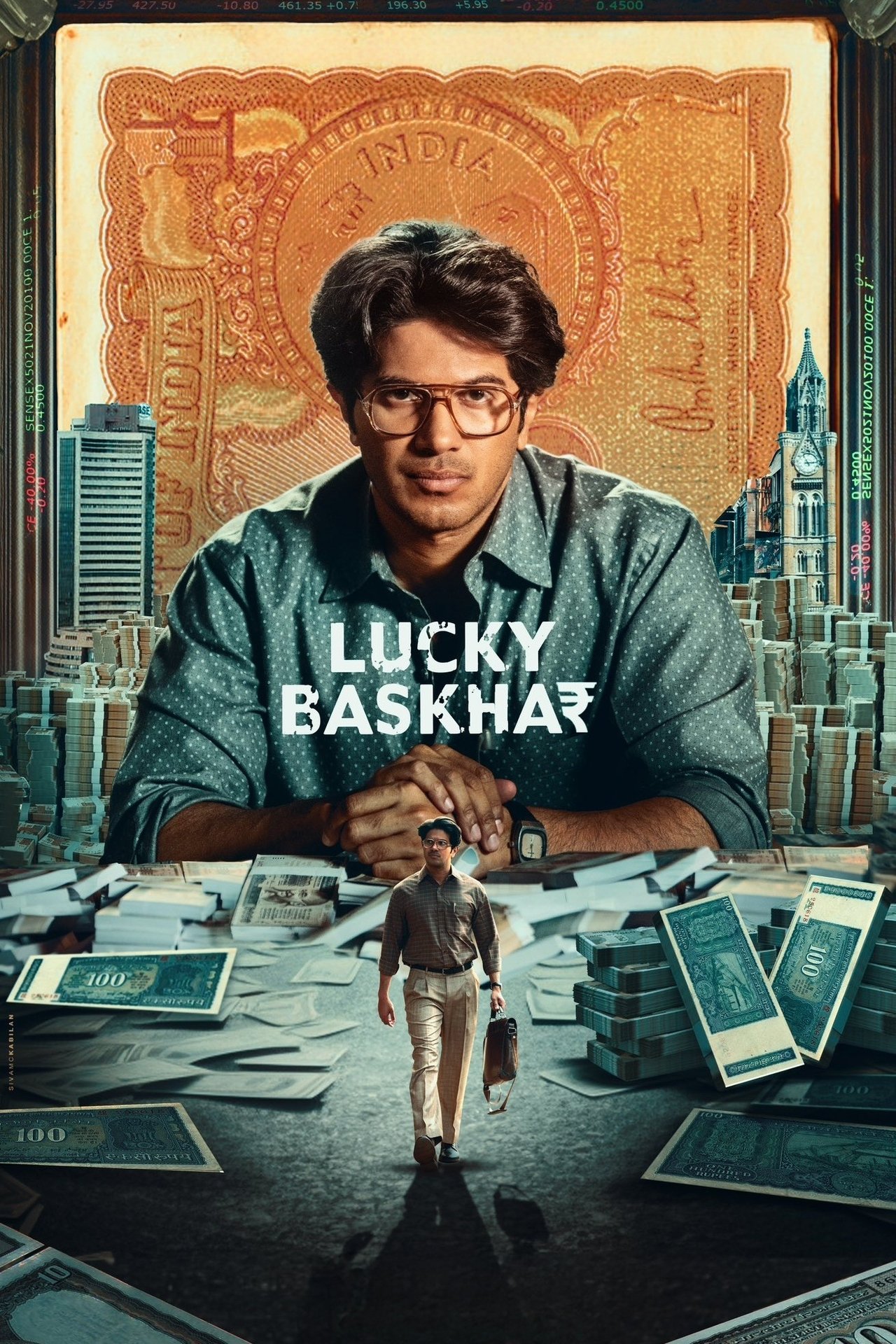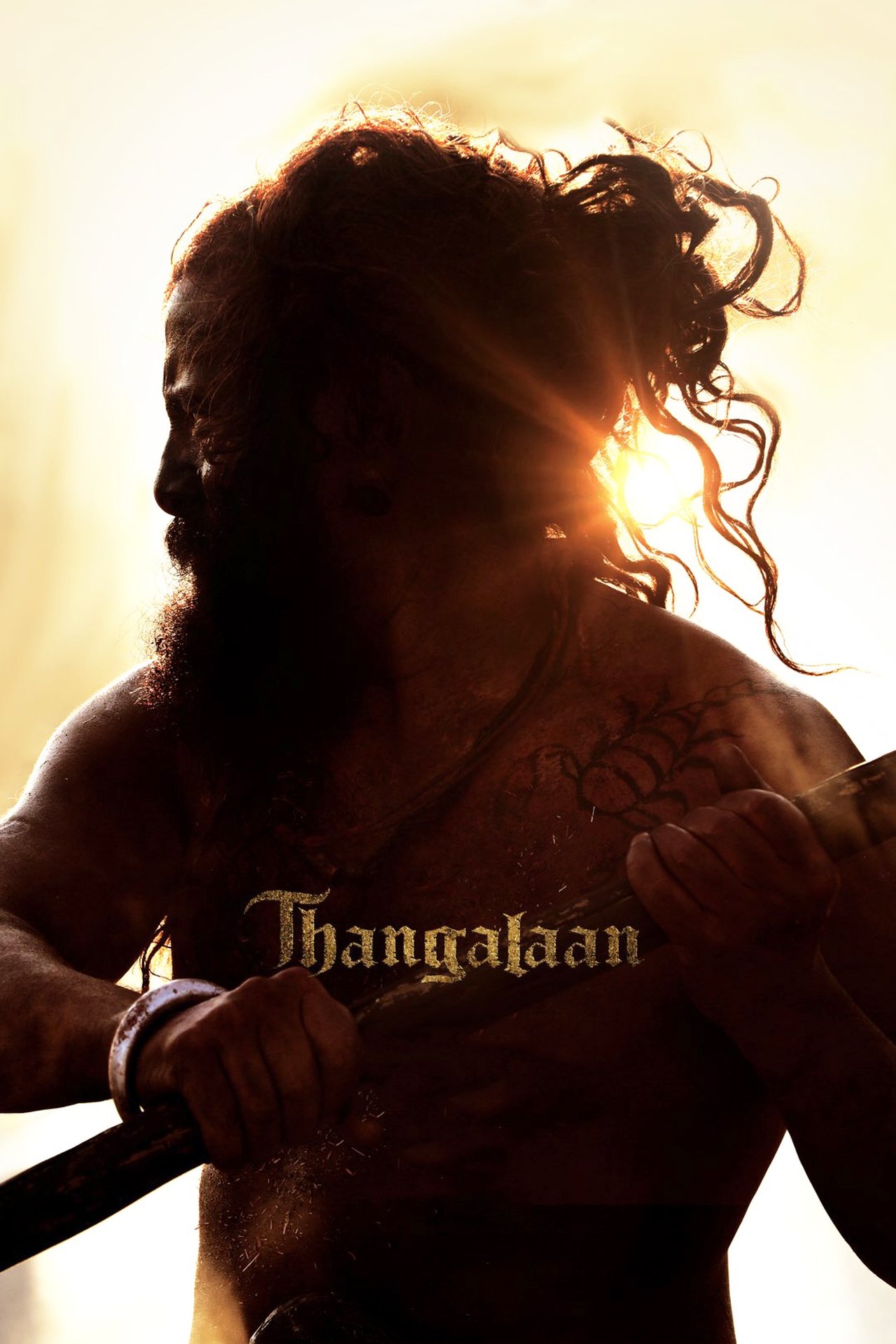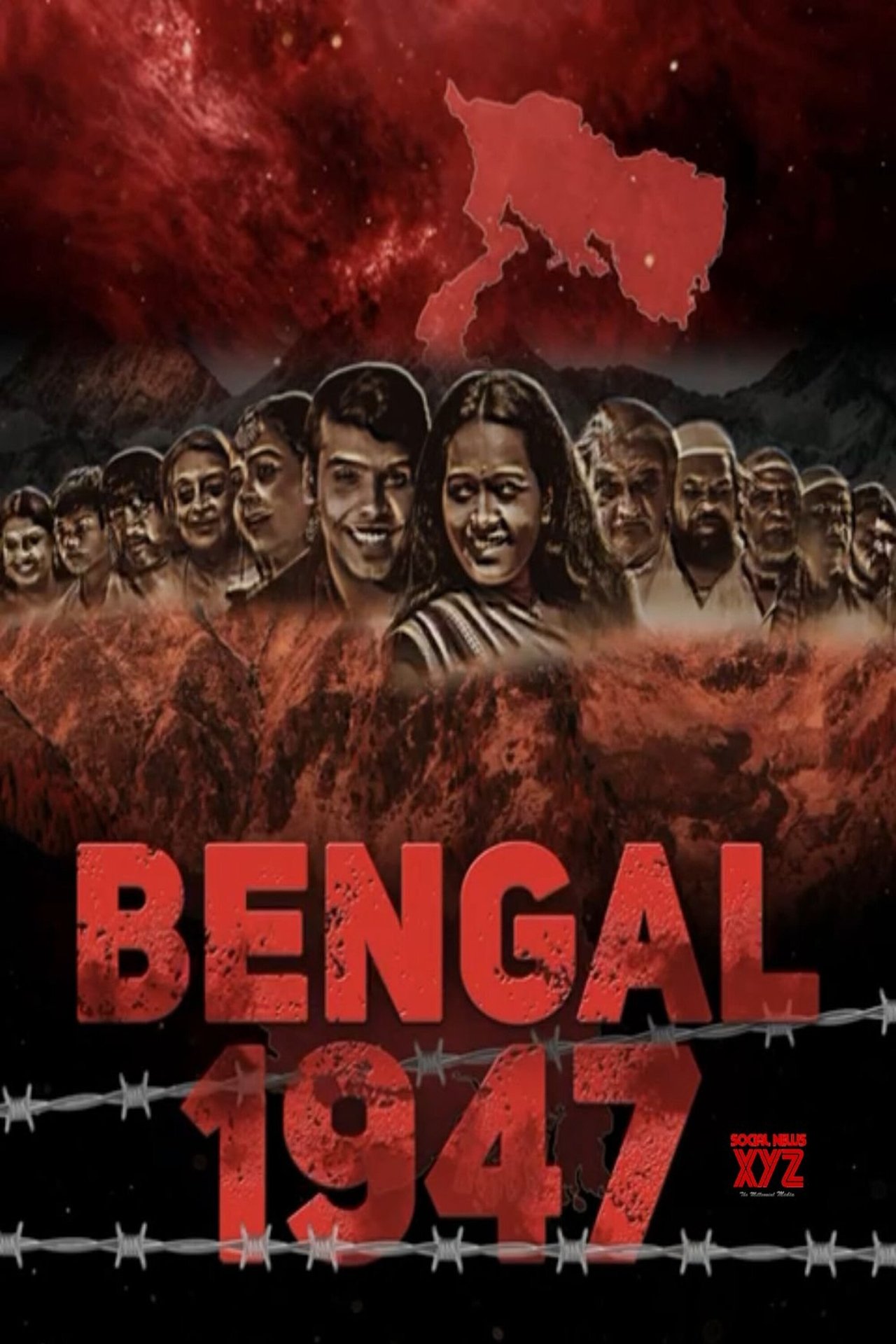Mahavatar Narsimha arrives as a bold, visually striking retelling of one of the most intense episodes from ancient Indian mythology. The film sets out to do something both simple and brave: take a well-known tale and render it with modern animated spectacle while keeping its emotional core intact. If you enjoy mythological epics that mix action with spiritual themes, this Kannada-language animation promises to deliver a dramatic and often visceral ride without giving away the key surprise that defines the original legend.
| Film Title | Mahavatar Narsimha |
|---|---|
| Genre | Animation, Action, Fantasy, Drama |
| Directed by | Ashwin Kumar |
| Written by | Ashwin Kumar & Mythological Sources |
| Release Date | 25/07/2025 |
| Starring | Prahlad (voice), Hiranyakashyap (voice), Narsimha (voice) |
| Language | Kannada |
On a thematic level, Mahavatar Narsimha balances two forces: the raw, cinematic energy of an action fantasy and the quieter, devotional current that runs through the original myth. The film foregrounds conflict—absolute power versus steadfast faith—but it also takes time to honor the smaller, human moments between characters. This combination makes it more than a spectacle; it becomes a story about conviction, consequence, and the ways belief shapes action.
Tone-wise, the movie sits comfortably between reverent and intense. Its animation leans into dramatic lighting, large-scale set pieces, and close-up emotional beats. While the action sequences are created to thrill, the pacing allows quieter scenes to breathe, giving audiences a chance to feel why the stakes matter. Families and adult viewers who enjoy myth-inspired animation will find something to appreciate here, though younger children might be unsettled by moments of violence and high emotional tension.
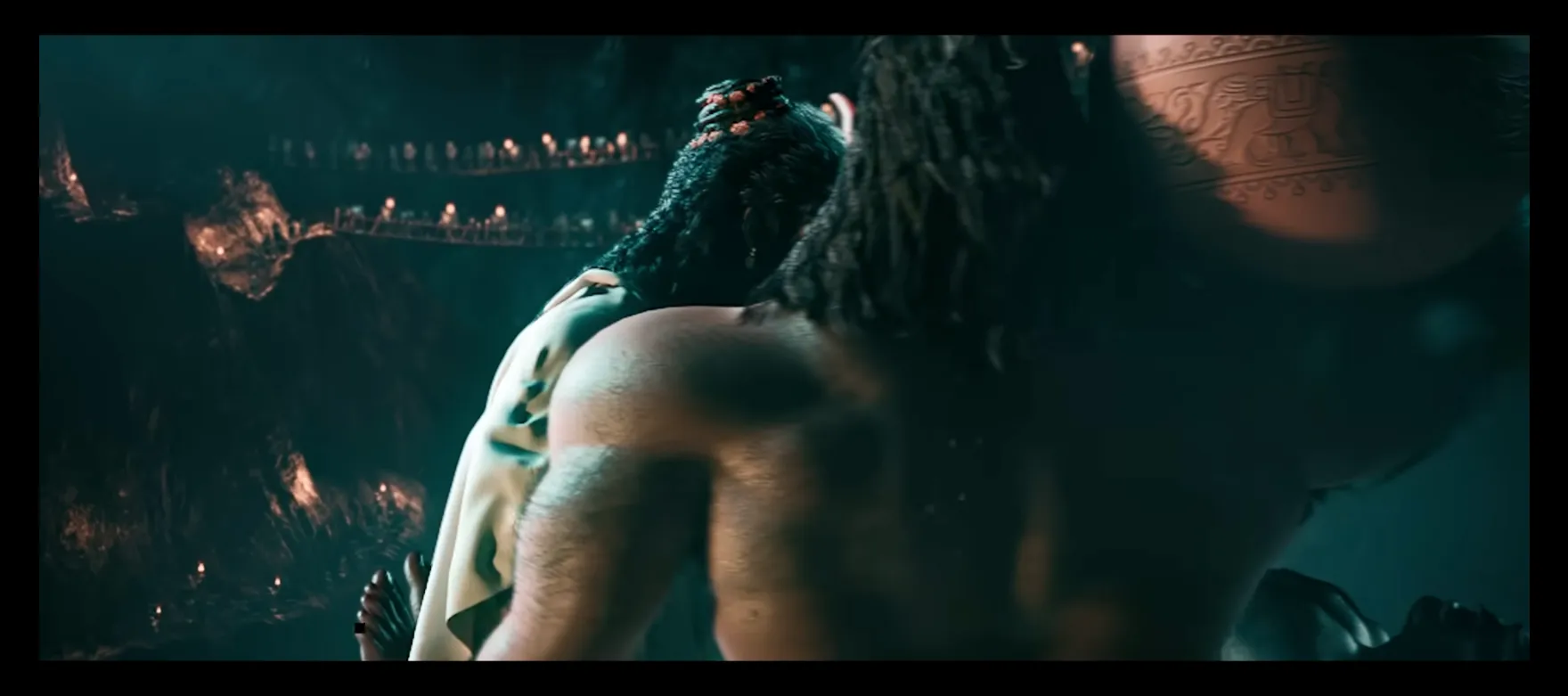
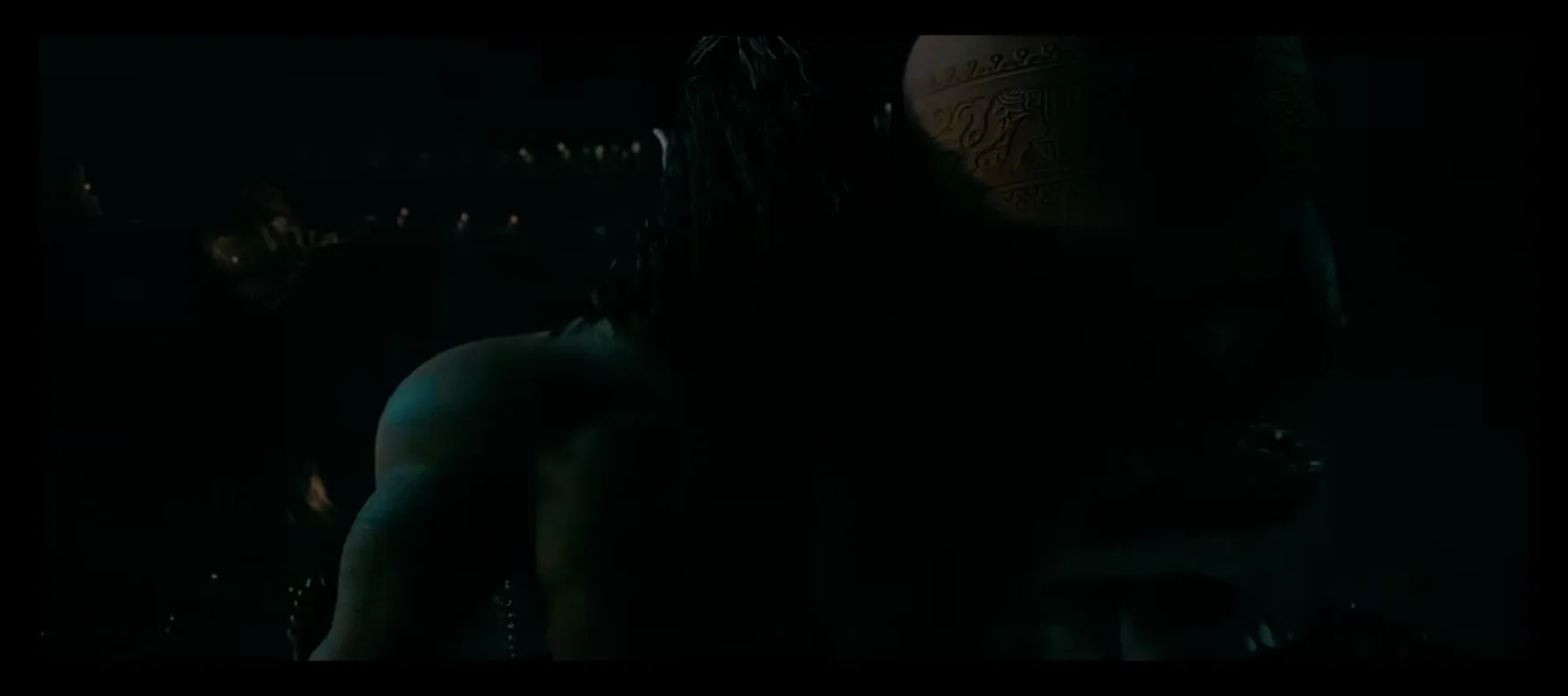
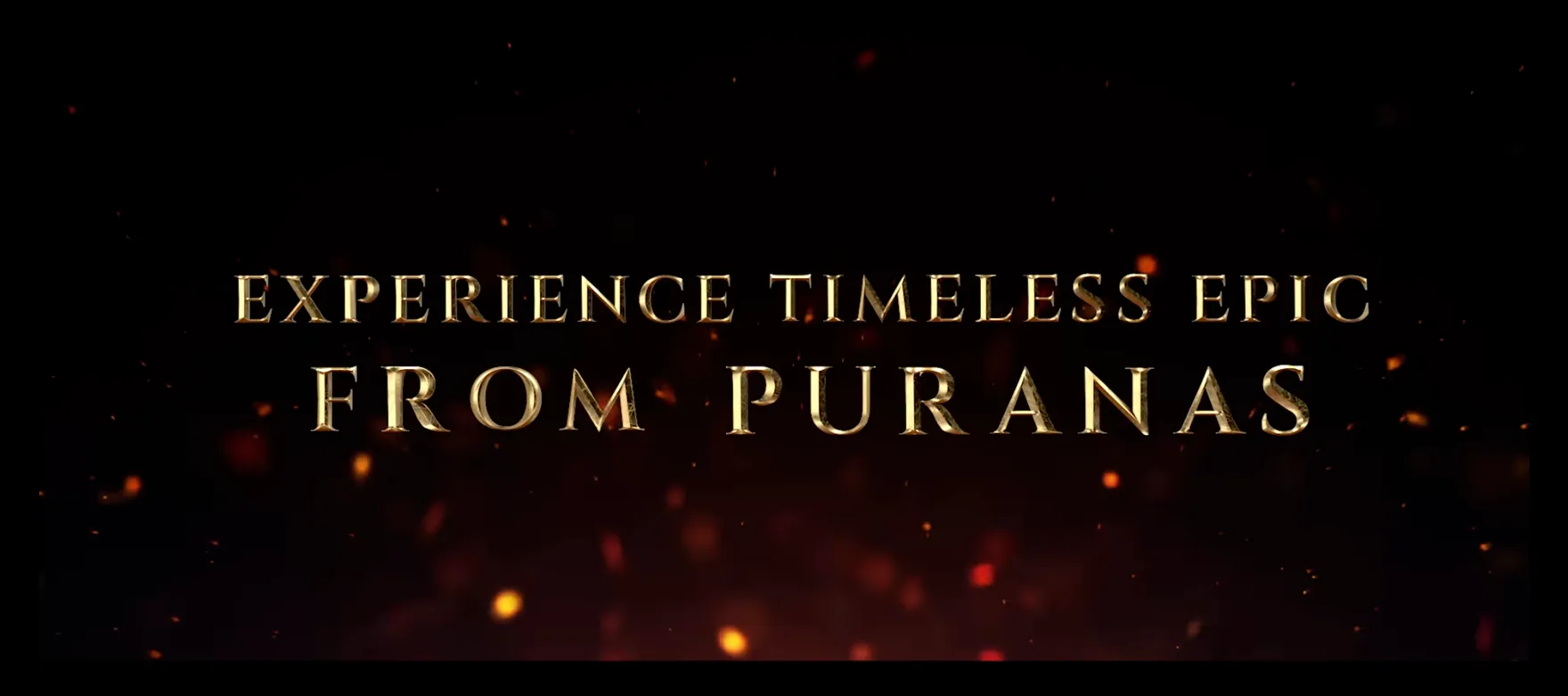
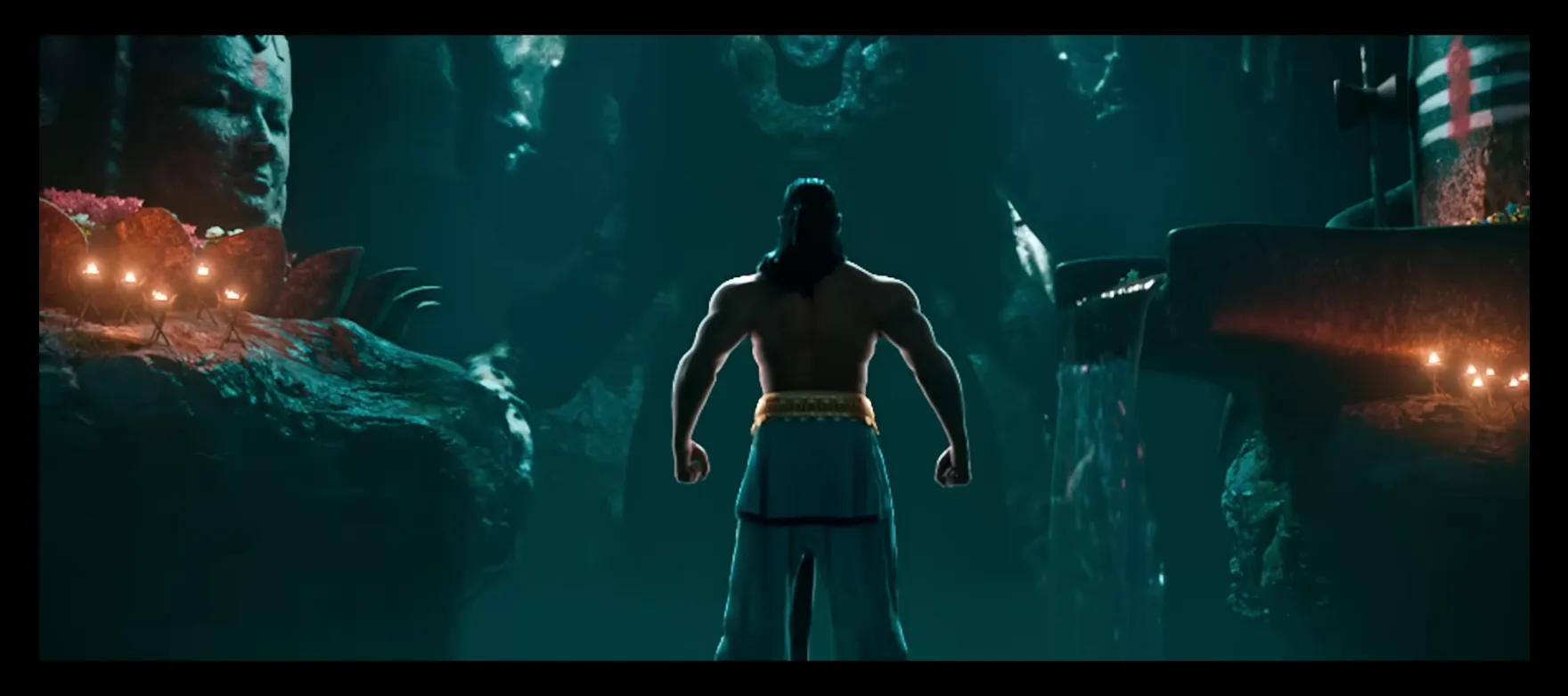

Story and Cast Details
The plot follows the timeless conflict between Hiranyakashyap, a powerful and ruthless king who declares himself a god, and his son Prahlad, whose quiet devotion to Vishnu sets the central moral conflict in motion. As the tension escalates, the story builds toward a confrontation that tests faith, power, and the meaning of justice. Without revealing the pivotal transformation that defines the original tale, the narrative maintains forward momentum through a series of confrontations, moral choices, and emotional reckonings that feel urgent and earned.
Performances in the film are anchored by voice work that captures both the grandeur and the intimacy of the characters. The actor behind Prahlad conveys innocence and inner strength, while Hiranyakashyap’s voice is imposing and vividly cruel when the script demands it. The portrayal of the divine presence—rendered through sound design, score, and animated expression—adds weight to the climax. The supporting cast and chorus work together to create a lively world, and the vocal direction ensures that characters feel distinct even when the visuals become overwhelming.
After the trailer, it becomes clear that the film puts production values front and center: sound, orchestration, and design lift the ancient story into a modern cinematic register. The trailer hints at epic set pieces while preserving the moral pull that gives the story its heart.
Conclusion
Mahavatar Narsimha is a carefully crafted animated epic that respects its mythological source while offering a contemporary cinematic experience. It’s strongest when it leans into emotion—quiet scenes of belief and defiance—and when it commits to the scale of its action sequences. For viewers interested in Indian mythology, animated drama, or action-fantasy with a spiritual core, this Kannada-language film is worth watching. Recommended for teens and adults who appreciate myth retellings with bold visuals and sincere performances.

